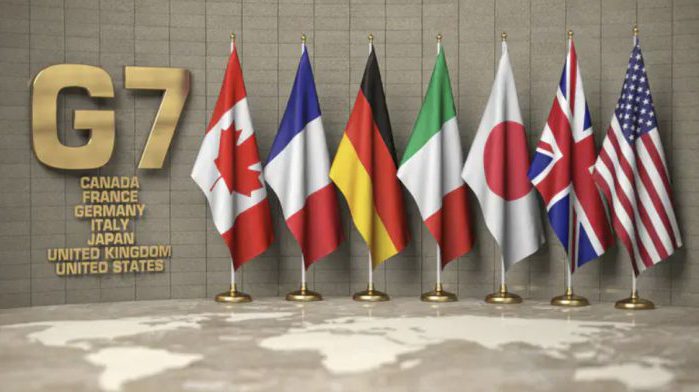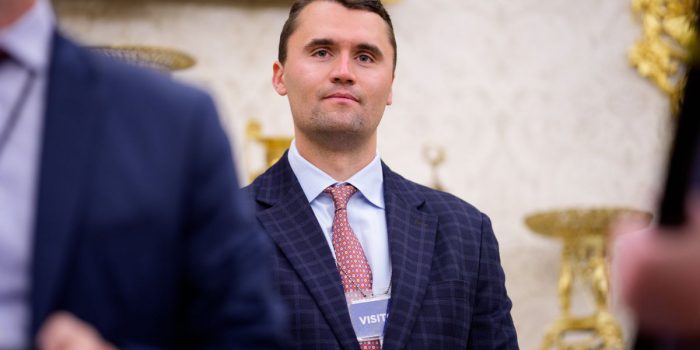The summit had originally intended to deal primarily with the Ukraine war but has changed its agenda with the beginning of Operation Rising Lion.
The G7 summit, bringing together leaders from seven of the world’s major powers, is currently underway in Canada, with the primary focus shifting to the escalating war between Israel and Iran.
Originally, the summit agenda was centered on the war in Ukraine and efforts to bring it to an end. However, following the outbreak of hostilities between Israel and Iran late Thursday night, the leaders of the U.S., Canada, Italy, Japan, France, the U.K., and Germany are now expected to prioritize discussions on the conflict in the Middle East.
A joint statement addressing the war is expected to be released at the conclusion of the summit. The G7 leaders, who arrived in Canada on Sunday for the conference that runs through Tuesday, will also address the global security and economic risks stemming from the Israel-Iran war. Topics will include rising oil prices and the potential for broader international involvement, especially by the United States.
Some leaders are expected to urge President Trump not to heed Israel’s call for military intervention, particularly in targeting Iran’s nuclear facilities. French President Emmanuel Macron and British Prime Minister Keir Starmer have already issued a statement urging “restraint and de-escalation.” In contrast, other summit participants have sharply criticized Israel for its attack on Iran.
Japanese Prime Minister Shigeru Ishiba described Israel’s strike as “intolerable” and “deeply regrettable.” Meanwhile, German Chancellor Friedrich Merz is expected to take a more supportive stance, defending Israel’s right to protect itself from the Iranian nuclear threat.
Other issues on the summit’s agenda include President Trump’s global tariffs, the ongoing war between Russia and Ukraine, and economic and geopolitical threats posed by China.





